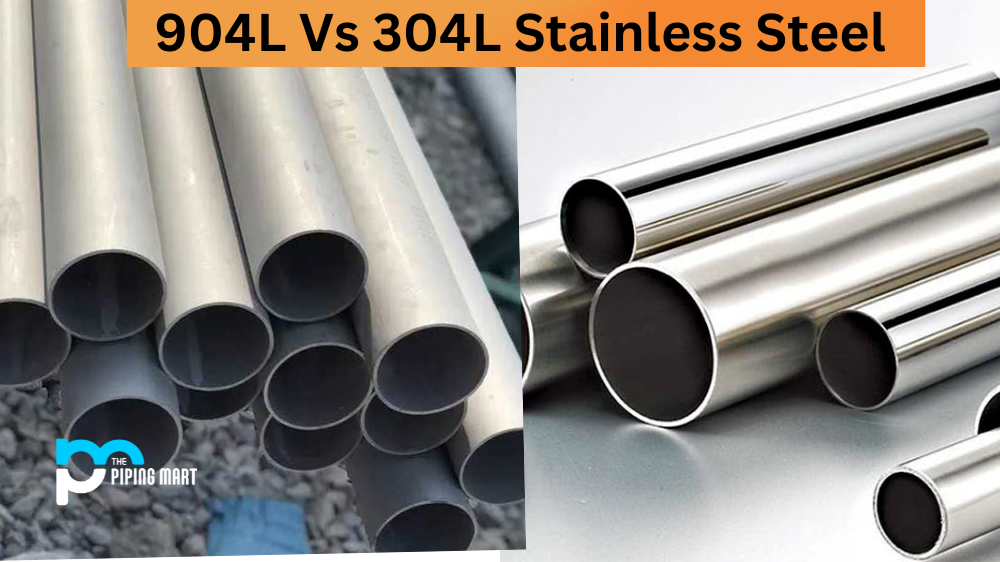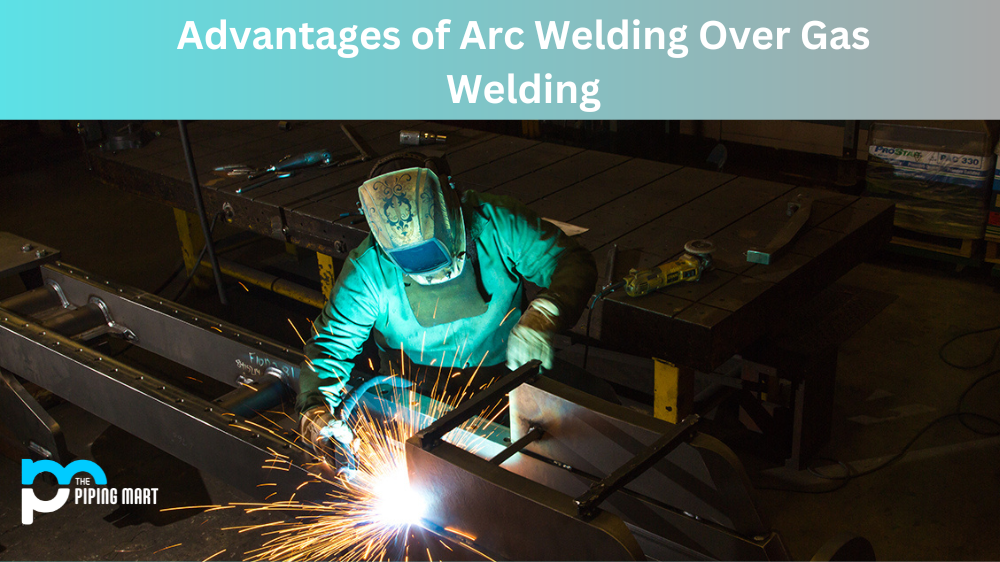Pipe corrosion prevention is important in maintaining your plumbing system and ensuring it works properly. Corrosion can cause serious damage to your pipes, leading to costly repairs and potential water contamination. Fortunately, there are a few easy steps you can take to help prevent corrosion in your pipes. Let’s explore some of the basics of pipe corrosion prevention.
Identifying Corroded Pipes
The first step in preventing pipe corrosion is being able to recognize corroded pipes. Common signs that a pipe has been corroded include discoloration, flaking or blistering of the surface, leaking, or foul odors emanating from the pipe. If you suspect that a pipe may be corroded, it’s best to contact a professional plumber for an inspection.
Preventive Maintenance
Pipe corrosion prevention begins with regular preventive maintenance. This includes checking for any signs of corrosion and repairing any leaks promptly. Additionally, it’s important to regularly check the pH levels in your water supply, as acidic or alkaline water can contribute to accelerated corrosion of metal pipes. You should also consider investing in water softeners if your home has hard water, as this can reduce mineral deposits and help protect against corrosion.
Material Selection
When selecting pipes for new construction or replacement projects, you should always choose materials that are resistant to corrosion, such as copper or plastic-lined copper piping. Additionally, avoid using galvanized steel piping if possible, as this type of material is prone to rust over time due to its low resistance to moisture and oxygen exposure.
Conclusion:
Pipe corrosion prevention is essential to maintaining a healthy plumbing system and ensuring that it continues functioning properly for years to come. By following these tips—including identifying corroded pipes, performing regular preventive maintenance checks, and choosing appropriate materials—you can help protect against costly repairs caused by pipe corrosion and ensure that your plumbing system remains safe and efficient for years to come!

A passionate metal industry expert and blogger. With over 5 years of experience in the field, Palak brings a wealth of knowledge and insight to her writing. Whether discussing the latest trends in the metal industry or sharing tips, she is dedicated to helping others succeed in the metal industry.




